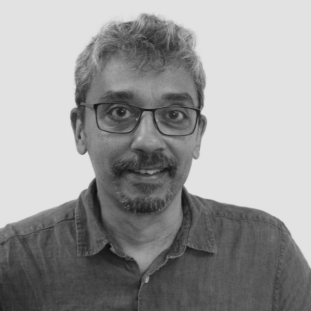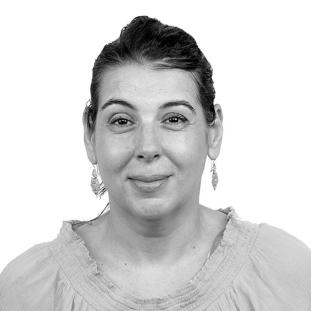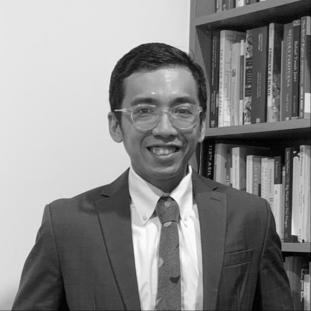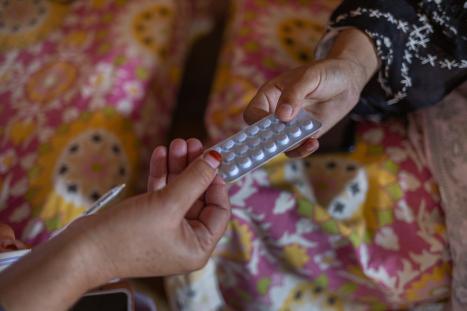Background and rationale
As an independent global health think tank within the UN system with a mandate to advance the perspectives and needs of states and populations in the Global South, UNU-IIGH has a unique opportunity to take up the challenge to catalyse equitable shifts in power and address key accountability deficits that prevent the equitable and effective functioning of the global health system and hinder adequate responsiveness to the needs of states and populations in the Global South. This new programme of work builds on the decolonising global health work initiated under the 2019–2023 Strategic Plan.
In 2008, the WHO Commission on the Social Determinants of Health called for the inequitable distribution of power to be tackled globally, nationally and locally. However, despite this call and the stark reality of global health power imbalances revealed by the inequitable response to the COVID-19 pandemic, power imbalances are generally neglected in global health.
As structures of governance tend to reflect and be disproportionately responsive to the interests and wants of the wealthy and powerful, a key point of departure of this Work Package will be to address fundamental power dynamics and the lack of systems to hold powerful and wealthy nations, organisations and individuals accountable.
A holistic approach that captures different manifestations of power—political authority vested in governments, the power of financial, economic and material resources, the power embedded in expertise, knowledge and information—and the overt, covert and hidden uses of power is required to understand power as a social determinant of health.
Democratic principles and institutions, including laws, designed to prevent power from being overconcentrated or from being abused are required to prevent or correct harmful power asymmetries. Effective systems of accountability are also required, being an important ingredient of effective and equitable functioning of global health governance and health systems.
In practical terms, accountability involves transparency, answerability, stakeholder involvement in activities and decisions that affect them, and sanctions. Accountability is more than a vertical top-down relationship between a powerful actor and a citizen or community. It should be viewed as multi-directional and include ‘downward accountability’—a powerful actor to citizens and communities—and horizontal— used to equalise power imbalances in partnerships and collaborations. There are multiple mechanisms by which accountability is operationalised. These include laws, regulations, monitoring and evaluation, reporting mechanisms, complaints procedures, and participatory approaches to decision-making. Importantly, systems of accountability must be independent, adequately empowering and adequately funded.
As an independent global health think tank within the UN system, UNU-IIGH has a unique potential contribution to this challenge. In doing so UNU-IIGH would examine the research and policy challenges related to power asymmetries and accountability deficits using a variety of lenses, including decoloniality, intersectionality and powerful actors.
Aim
The overarching aim of this Work Package is to catalyse equitable shifts in power and address key accountability deficits that prevent the equitable and effective functioning of the global health system and prevent adequate responsiveness to the needs of states and populations in the Global South.
The Institute’s approach will be to strengthen systems to hold accountable those power holders with the duty to promote equity and fulfil the rights and entitlements of all, regardless of their sex, gender, economic position and other defining social characteristics. The following objectives will contribute to achieving the aim:
• Synthesising research and analyses: bridging the gaps between evidence and policy, and generating practical proposals and instruments for shifting power and improving governance and accountability mechanisms in global health.
• Convening for change: as a neutral convener, UNU-IIGH would leverage our position to advocate for evidence-based change and public support for recommendations that may correct the identified accountability deficits.
• Building capacity in the Global South: to promote global health from the perspective of the Global South, UNU-IIGH will actively seek ways to build and encourage research expertise and scholarship in the Global South.
• Partnerships: the Institute will bring low- and middle-income country voices and leadership to the policy dialogue table, as well as transnational networks of civil society organizations working in the public interest and in support of the interests of the most marginalized groups in society.
Projects
Project
Decolonising Global Health
Related Content
Press Release
The Fiscal Architecture of Health: UNU-IIGH Policy Brief Calls for Global Tax Reform as a Public Health Imperative
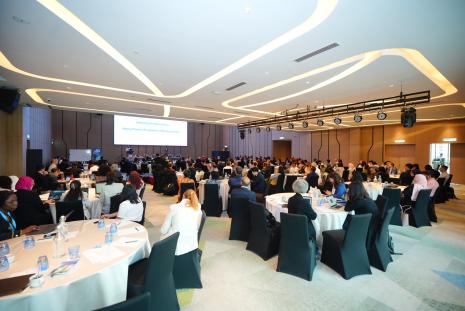
Series


